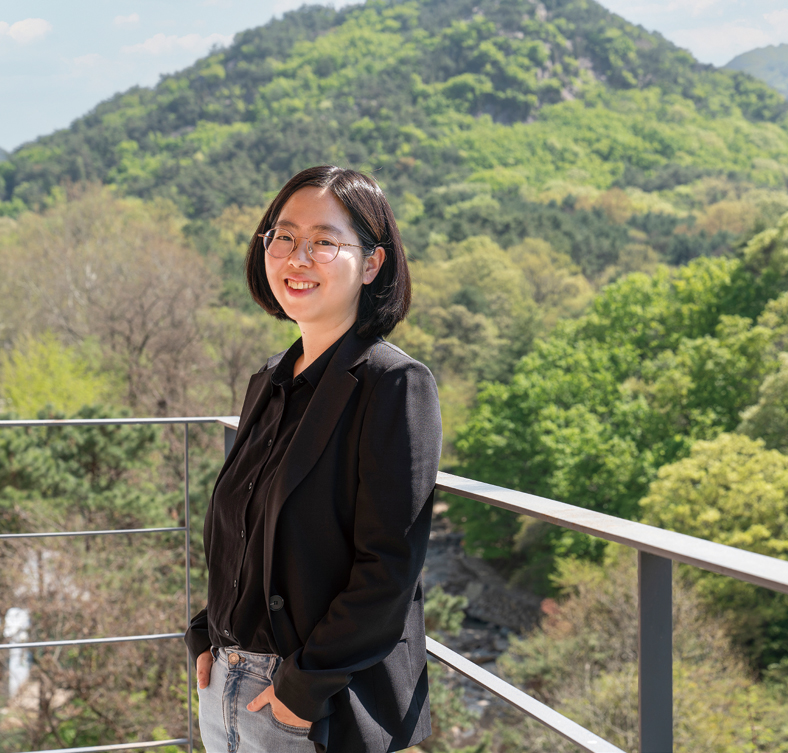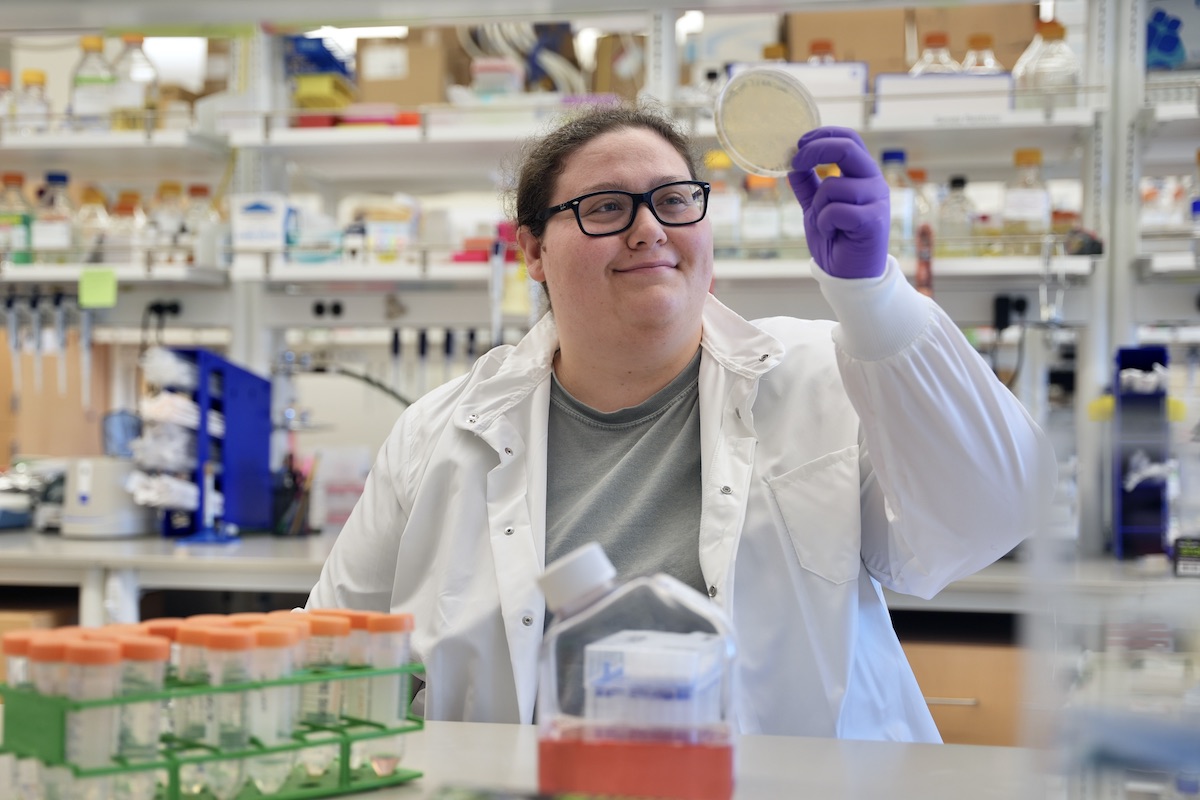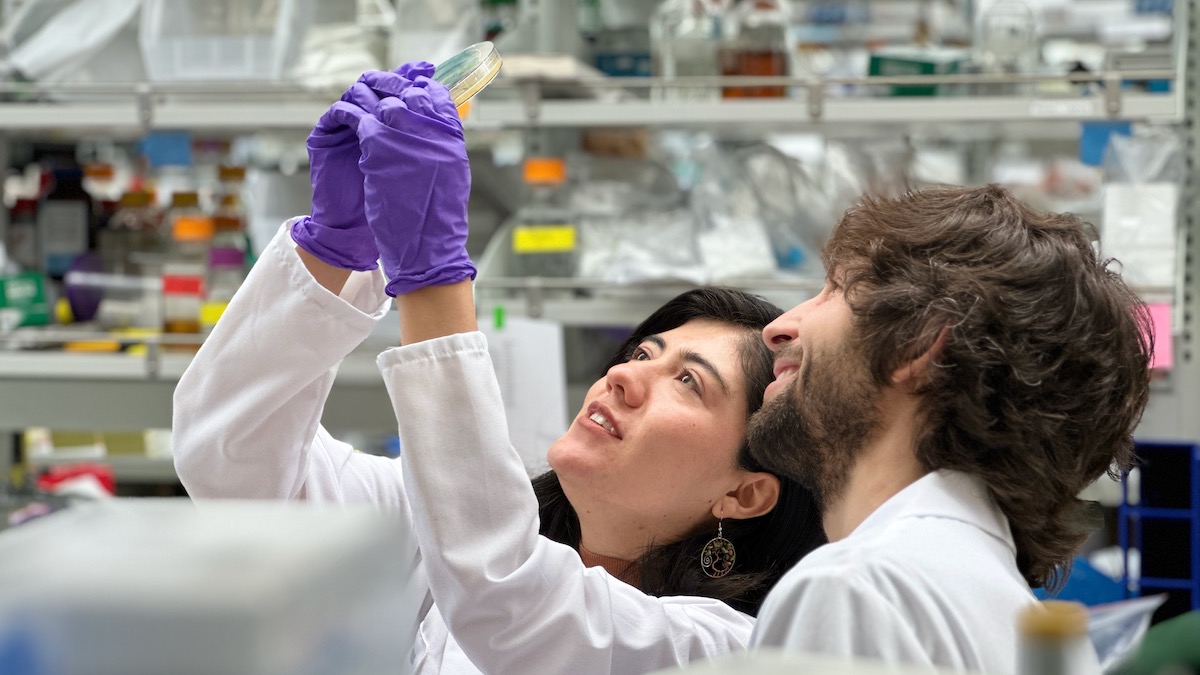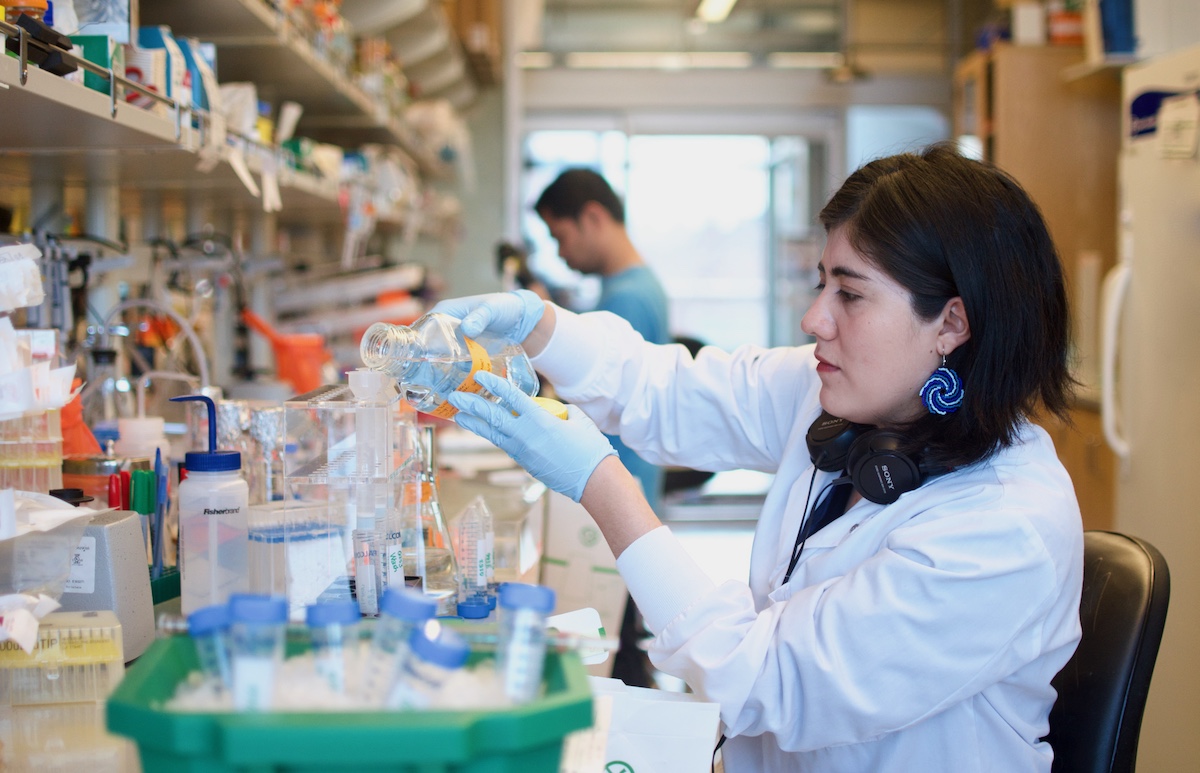The Institute for Protein Design exists to create scientific breakthroughs and transform them into practical solutions. Of the roughly 200 researchers who train or work here, about one third are women. This includes staff scientists, acting instructors, postdoctoral scholars, and undergraduate and graduate student researchers.
Unfortunately, these numbers are in line with science as a whole. According to the UN, women hold only one third of all research roles. They tend to have shorter, less well-paid careers and are often passed over for promotions. There are some research disciplines in which women make up the majority of working professionals, but in fast-moving fields such as artificial intelligence, women find themselves outnumbered by a factor of four.
As a scientist, physician, and black woman myself, I know what it’s like to feel alone in a crowded room. I also know the value of continuous support and the awesome power that examples can have. As Executive Director of this Institute, I will be making diversity, equity, and inclusion a priority. There is much more we can do to attract and retain women at all career stages, and that work has already begun.
Every one of our scientists helps make this place the research powerhouse that it is. Our women trainees and staff have made pioneering contributions to computer science, biochemistry, immunology, and more. Each embodies the relentless spirit of excellence that drives all of us at the Institute for Protein Design.
Here are three examples.

AI Pioneer
Minkyung Baek, PhD
Assistant Professor, Seoul National University
Minkyung has already achieved what most scientists only dream of: As a postdoctoral scholar in the Baker Lab, she completed a research project that helped transform an entire field of science. She led the development of RoseTTAFold, a powerful machine learning tool that accurately models the intricate shapes of proteins. That tool — along with AlphaFold, a similar technology by Google DeepMind — was recognized by the journal Science as the 2021 Breakthrough of the Year.
Following her time with us, Minkyung took up an assistant professorship at her alma mater. She now leads the Laboratory of Computational Structural and Systems Biology at Seoul National University. Minkyung is continuing to collaborate with researchers in the Baker and DiMaio Labs on new generations of RoseTTAFold, including a version that has been trained to model how DNA, RNA, and proteins interact.
“I do not believe that AI will replace humans. AI will more likely assist humans with what they need to do.”
— Minkyung Baek, PhD

Vaccine Innovator
Grace Hendricks
PhD Student, King Lab
Growing up in the America’s Southwest, Grace spent quite a few Saturdays at her mother’s workplace surrounded by walls full of chemicals and complicated posters. She recalls trying to entertain herself as her mom, a pharmacist, dispensed medicines.
Grace is paying a lot more attention to medicines these days, particularly vaccines. “During the COVID-19 pandemic, a lot of new technologies came online, including mRNA vaccines,” she explains. “The Institute for Protein Design also released a coronavirus vaccine based on computationally designed proteins.” As a graduate student in the King Lab, Grace is now working to combine these two technologies to create vaccines that are more potent and rapidly manufacturable. “We just want to make the best vaccines we can using all of the technology that’s available to us.”
Nowadays, Grace talks to her mother quite often about medicines. She shares updates about her own vaccine research and even answers questions about the updated COVID-19 booster shots. During these conversations, Grace sometimes reflects on those days spent at the pharmacy with her mother.
“If my mom hadn’t had to take me with her into work on the weekends, maybe I wouldn’t have seen all those posters and all those medicines on the wall. And I sometimes wonder, would I still be here today?”
— Grace Hendricks

Anti-venom aficionado
Susana Vázquez Torres
PhD Student, Baker Lab
In December, Susana and colleagues published in Nature a new approach for generating proteins that bind to target molecules with remarkable affinity. She believes this AI-enabled advance is poised to “redefine the landscape of biotechnology.”
Susana appeared on NPR’s Morning Edition to share how she is using this technology to develop medicines that shut down snake venom. In an interview with NPR science reporter Geoff Brumfiel conducted in the Baker Lab, her excitement around emerging technologies that can be used to improve lives was clear to hear.

